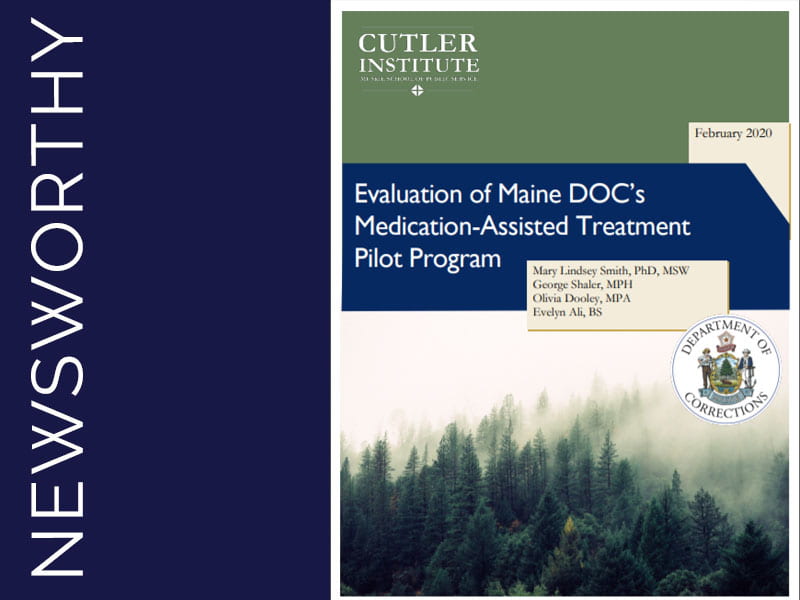In February of 2019, in response to the high rates of opioid-related morbidity and mortality in Maine, Governor Mills signed an Executive Order to implement an immediate response to Maine’s opioid epidemic. Given that a substantial portion of the opioid-related deaths in Maine are among individuals who are former Department of Corrections (DOC) clients, the Executive Order mandated that multiple sectors, including the criminal justice system, identify ways to expand access to Medication-Assisted Treatment (MAT) and recovery supports. While MAT has traditionally not been standard practice in correctional settings, medical providers, the courts, and criminal justice agencies have an increased level of awareness that MAT is a medically necessary treatment. In response to government mandates and in-line with the DOC’s belief that addiction is a chronic disease requiring medically necessary treatment, DOC began a comprehensive planning process to roll-out MAT in facilities across Maine. The pilot initiative was designed to help incarcerated Mainers access MAT services during and after incarceration.
This report focuses on the implementation of MAT in DOC facilities and was completed shortly before the pandemic started.
